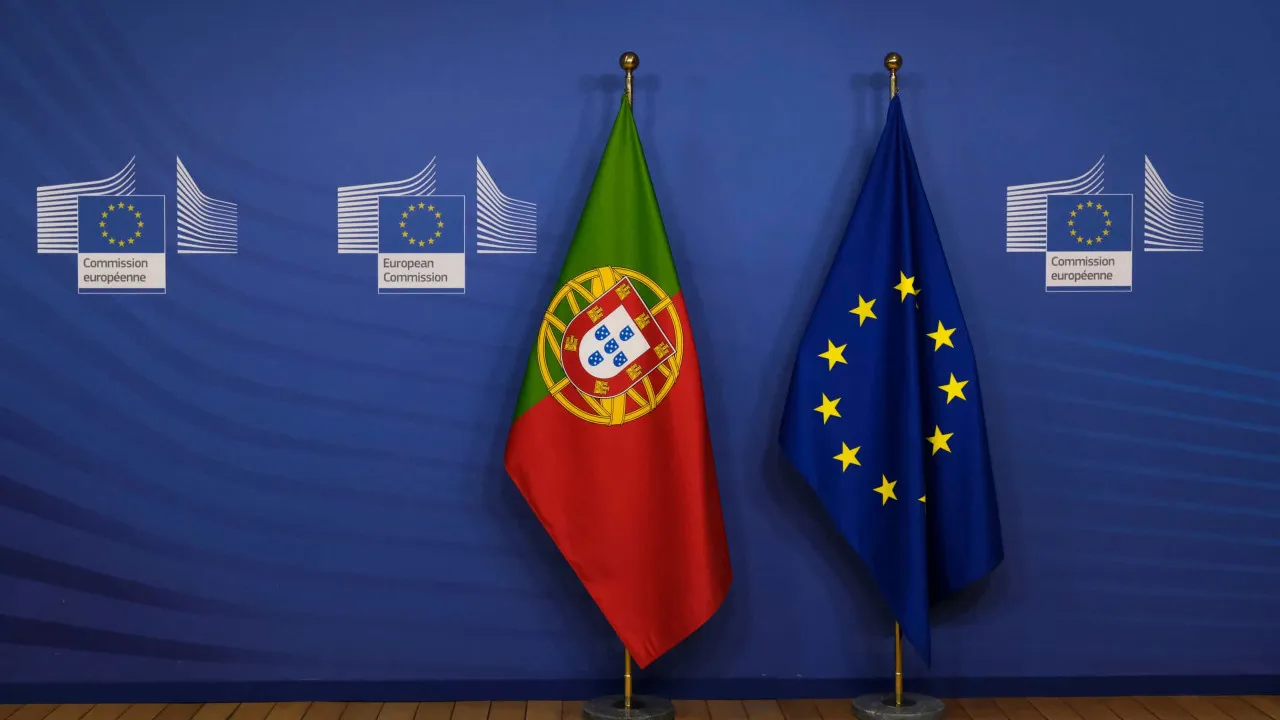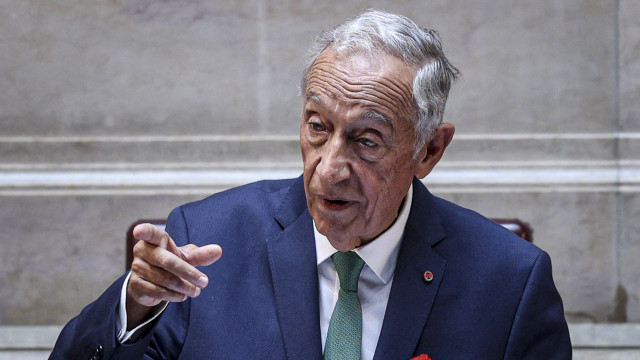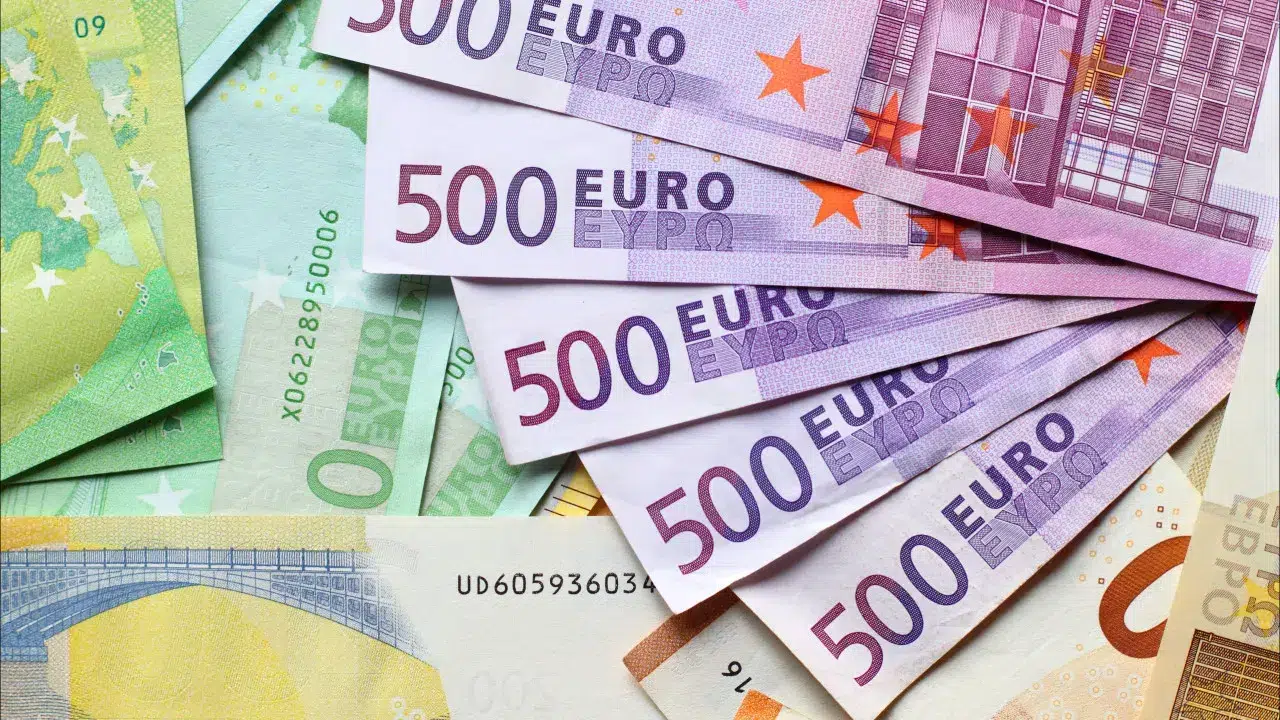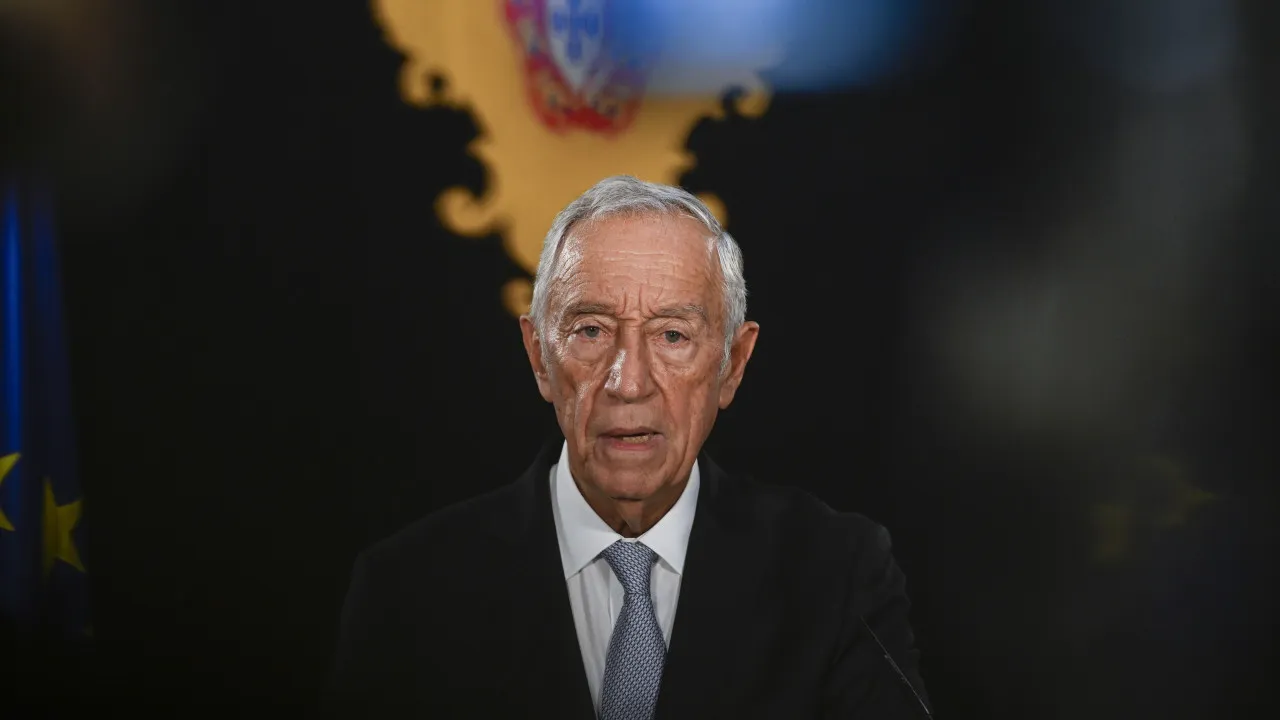
The European Commission is set to propose on Wednesday a 2028-2035 European Union (EU) budget tailored to new defense and economic growth priorities, with Portugal advocating for the preservation of existing cohesion and agricultural policies.
On Wednesday, the European Commission President, Ursula von der Leyen, will present in Brussels the initial proposal package for the next Multiannual Financial Framework (MFF) for 2028-2035. As articulated by the institution in a communication released last February, the “new challenges and expectations regarding EU action demand a reconsideration of the EU budget’s functionality to adapt it for the future.”
“The objective of a free, democratic, strong, secure, prosperous and competitive Europe demands a reformed and enhanced EU budget—simpler, more flexible, better targeted, and more impactful,” the institution stated at that time.
Specifically, the European Commission seeks a “modern EU budget with a plan for each country with essential reforms and investments, designed and executed in partnership with national, regional, and local authorities,” which would include a European Fund for Competitiveness, renewed financing for external action, safeguards on the rule of law, and modernized revenues to support common priorities.
The proposal is being introduced amid geopolitical tensions such as the Ukraine war caused by the Russian invasion and significant trade pressures with the EU’s main economic partner, the United States. This context has prompted the bloc to aim at reinforcing its defense and diversifying its partnerships.
In a stance obtained by Lusa, the Portuguese Government emphasizes, “the next MFF must be sufficiently ambitious, ensuring the stability of current policies and responses to new challenges.”
“The increase in new spending domains in the coming years cannot be at the expense of existing policies and fundamental Union principles,” Portugal highlights in the document dated early July, referring to the cohesion policy funds and the Common Agricultural Policy (CAP), which, in its view, “must remain autonomous.”
For the country, “a comprehensive approach is essential, considering all elements on the expenditure and revenue sides,” with the Government proposing an increase in national contributions (beyond 1% of gross national income), mechanisms based on joint debt issuance, and a reduction in administrative burdens.
“Cohesion is not an alternative to competitiveness and economic growth,” Portugal argues.
The country also regards the CAP as an “essential tool.”
In terms of economic competitiveness, it is estimated that the EU will need to invest 800 billion euros annually, roughly 4% of the Gross Domestic Product (GDP), to address investment gaps and delays in industrial, technological, and defense areas relative to main competitors, the United States and China.
Regarding defense, in 2024, the EU Member States spent approximately 326 billion euros on defense, accounting for about 1.9% of the EU’s GDP.
This spending is projected to increase by over 100 billion euros in real terms by 2027, implying total expenditures of around 426 billion euros by that year.
The European Commission estimates that the EU will need to invest 500 billion euros over the next decade to support Ukraine against Russia and bolster its military capabilities following decades of under-investment.
Following the proposal’s presentation, negotiations will commence with co-legislators—MEPs (Parliament) and Member States (Council)—with a goal for the negotiating process to conclude by 2026.
The current long-term EU budget includes 1.21 trillion euros in commitments (at 2018 prices).




